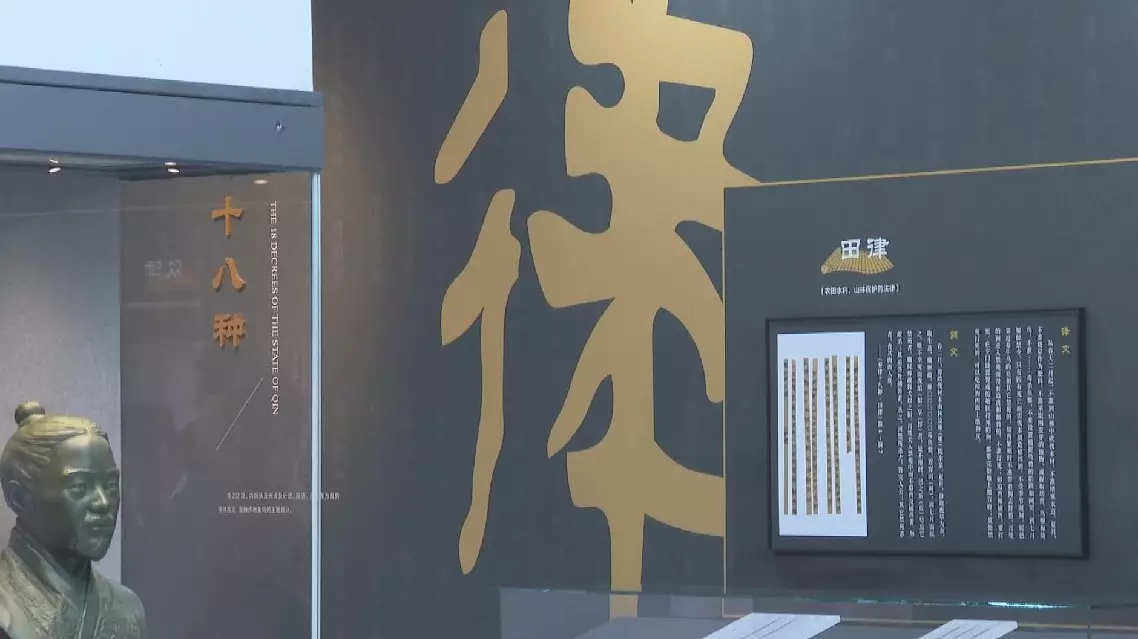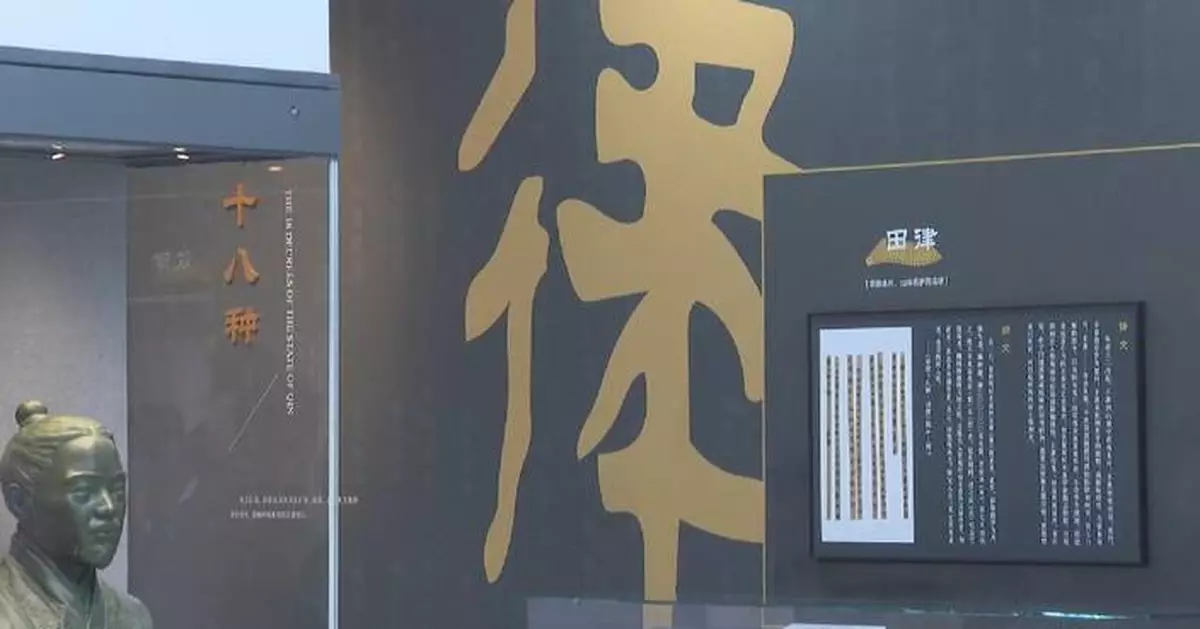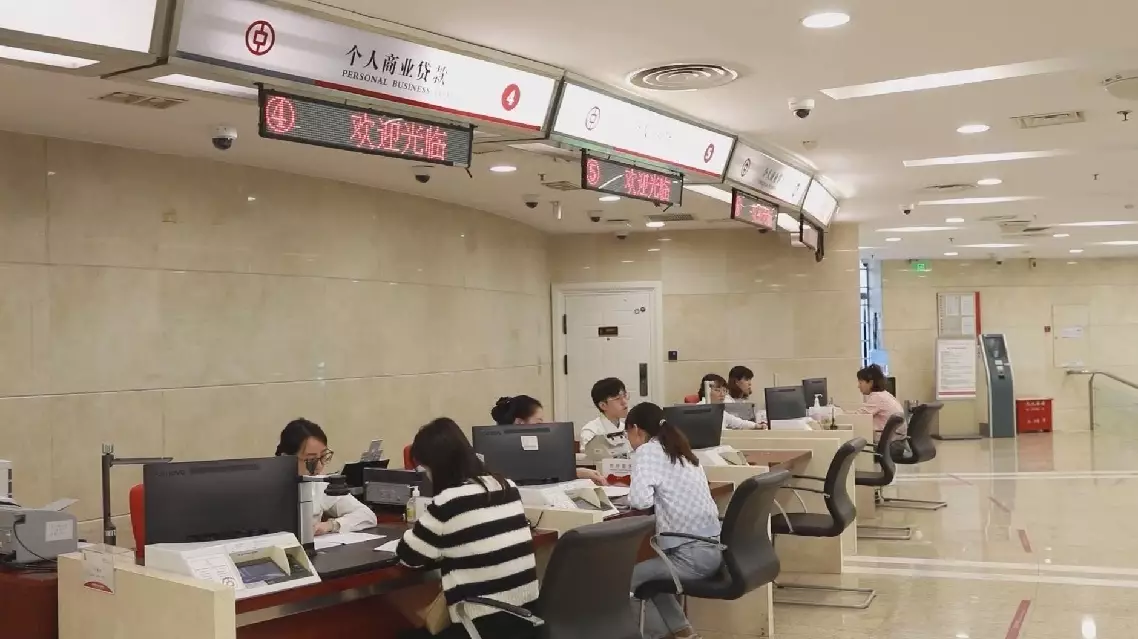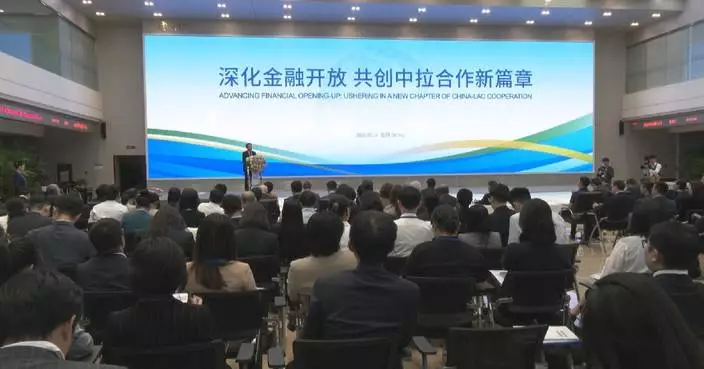The Yunmeng Xiangshan Museum in central China's Hubei Province has more than 5,000 pieces of cultural relics with the most famous collection being bamboo and wooden slips, the main medium for writing documents in China before the widespread use of paper, offering a rare glimpse into the nation's administrative, legal and social structures 2,200 years ago.
Among the museum's collection are 49 under national first-class protection, 64 second-class, and 242 third-class.
Over 1,000 bamboo slips were discovered in a Qin tomb in Yunmeng County in 1975. The artifacts are of great value to the historical analysis of the politics and law of the late Warring States Period (475-221 BC) to the Qin Dynasty (221-206 BC).
The bamboo slips detailed the legal system, local governance, and medical practices of the period. Containing about 40,000 characters, these slips represent the first known documentation of Qin Dynasty laws and administrative systems.
Among them, The Eighteen Types of Qin Laws is the earliest and most complete ancient legal document discovered in China to date. It provides detailed regulations on various aspects from agricultural production to warehouse management, currency, and provisions for the postal system. These legal texts and their underlying principles hold significant value for studying the history of China's ancient legal system.
Ancient bamboo and wooden slips are slender, rectangular pieces on which ancient Chinese recorded information using brush and ink before the invention of paper. Every slip measures 23.1 to 27.8 centimeters in length and 0.5 to 0.8 centimeters in width. They're a symbol of Chinese heritage and provide detailed and reliable information for further research focusing on ancient China.
Next to each of the displayed slips is the original text of the ancients and its translation into modern terms. The handwriting is clear and the translation is easy to understand. It records the social order, wisdom and family affairs thousands of years ago.
"Yunmeng is the first place where Qin Dynasty bamboo slips were discovered. It not only fills a gap in archaeological history, but the content recorded in it, especially the legal content, is the earliest and most complete evidence of legal code seen so far in China. In addition, the earliest wooden slips of family letters discovered so far and the longest document in China were also unearthed here," said Zhang Hongkui, curator of the museum.
Chinese President Xi Jinping, also general secretary of the Communist Party of China Central Committee and chairman of the Central Military Commission, visited the museum earlier this week to learn about the local efforts to enhance the protection, research and use of cultural relics in Yunmeng County.
President Xi said ancient bamboo slips are precious and important physical evidence of ancient China which should be well protected and carefully studied. He emphasized that archaeological work must be continued to gather more materials depicting the country's history.

Yunmeng Xiangshan Museum offers insight into ancient China's governance



















































